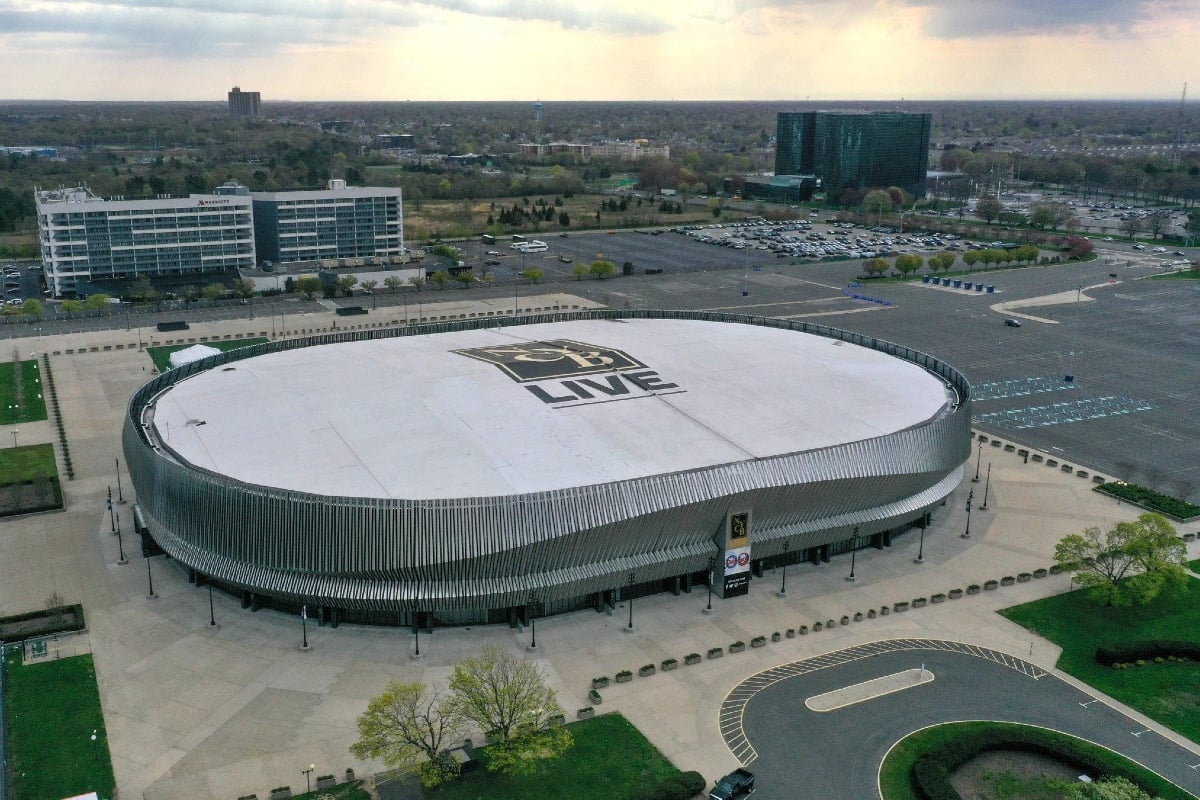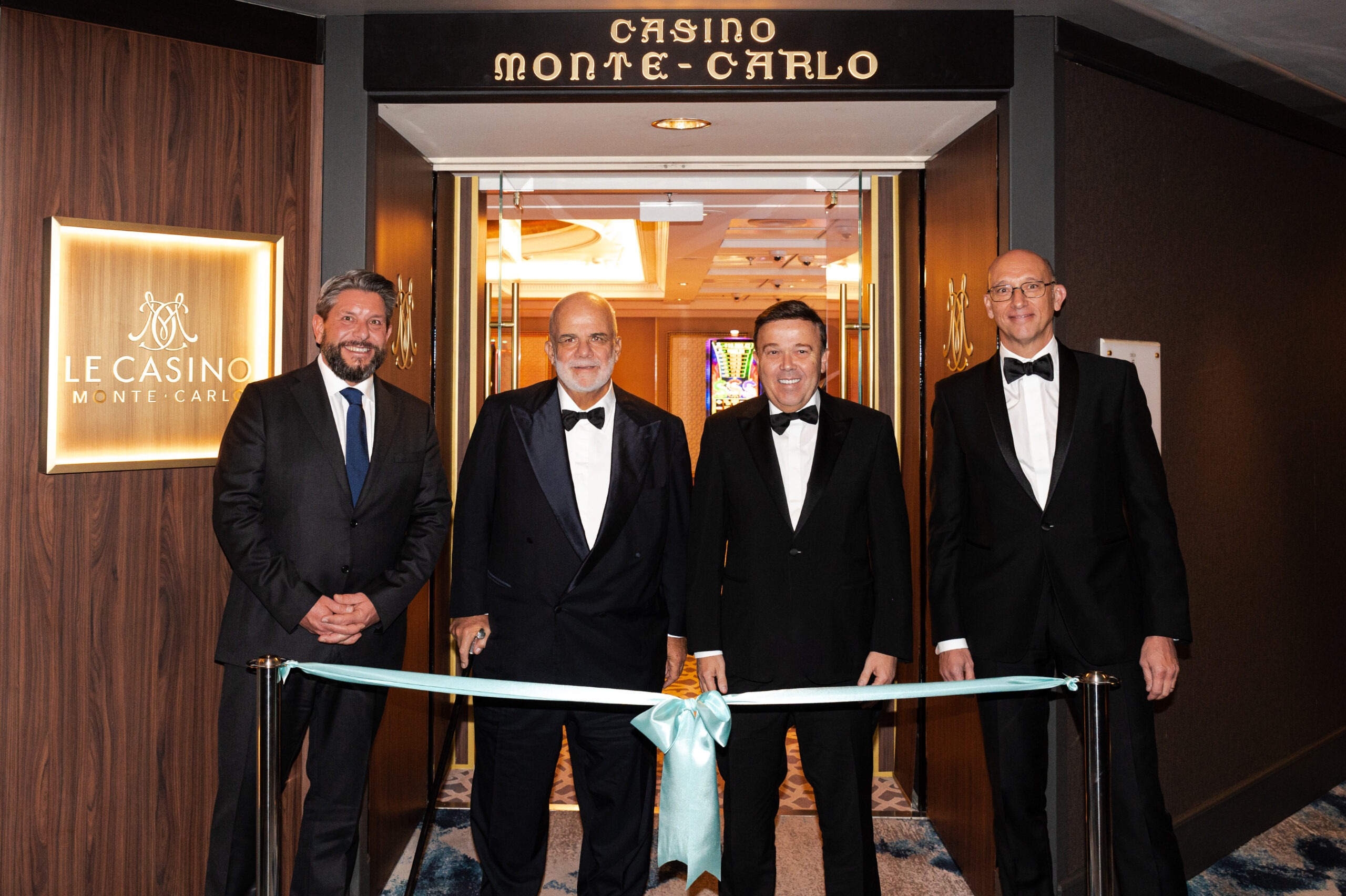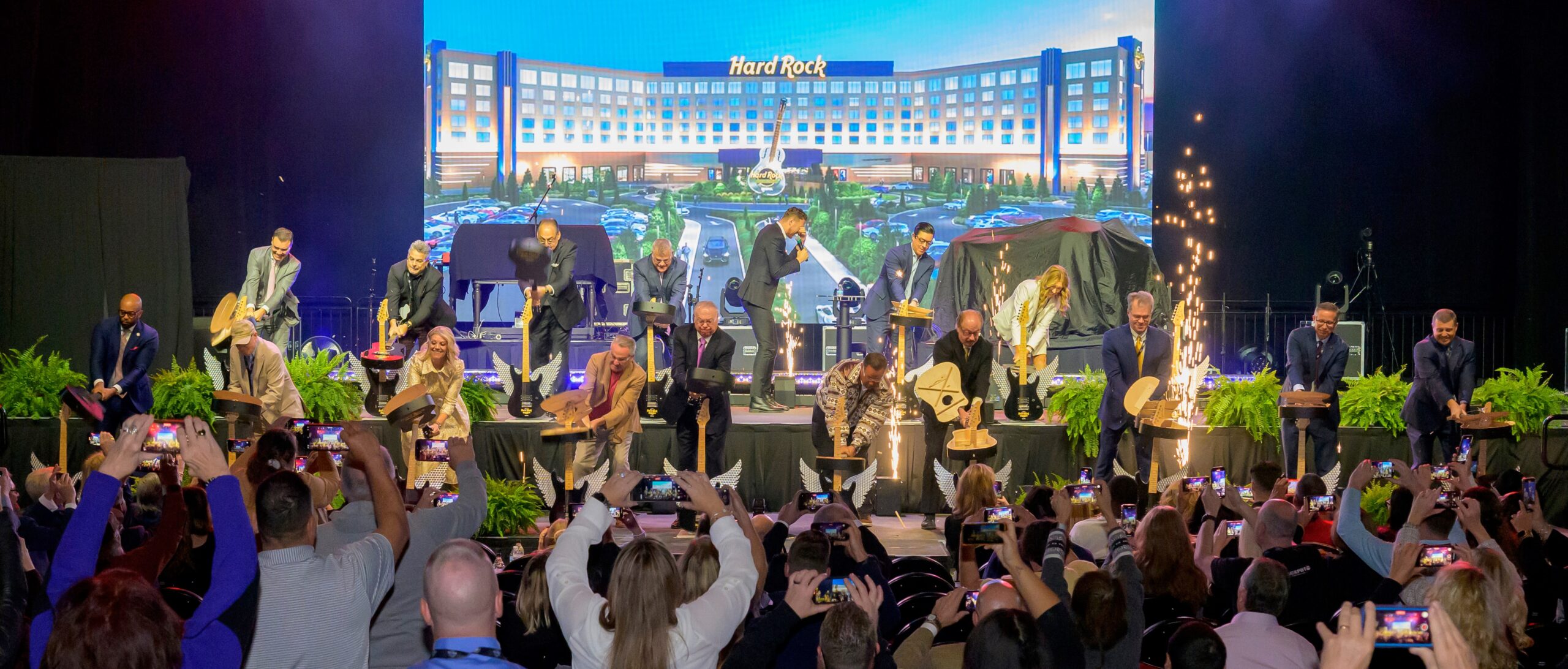The historic Manhattan Casino stands on 22nd Street South, a once-thriving “main street” in St. Petersburg’s African American community. This venue provided a vibrant showcase for local Black artists and a welcoming stop for traveling African American entertainers who visited the city on tour. As part of the famed Chitlin’ Circuit—a network of venues offering safe spaces for Black performers during the Jim Crow era—the Manhattan Casino played a key role in supporting musicians and artists who brought their talent to St. Petersburg.
The legendary Manhattan Casino in the Deuces saw performances from some of the biggest names in music. 5 icons who graced the stage are:
- James Brown
- Ella Fitzgerald
- B.B. King
- Otis Redding
- Ray Charles
- Little Richard
- Louis Armstrong
- Nat King Cole
These icons left their mark on St. Pete, creating a music scene rich with history at a venue with its own extraordinary story.
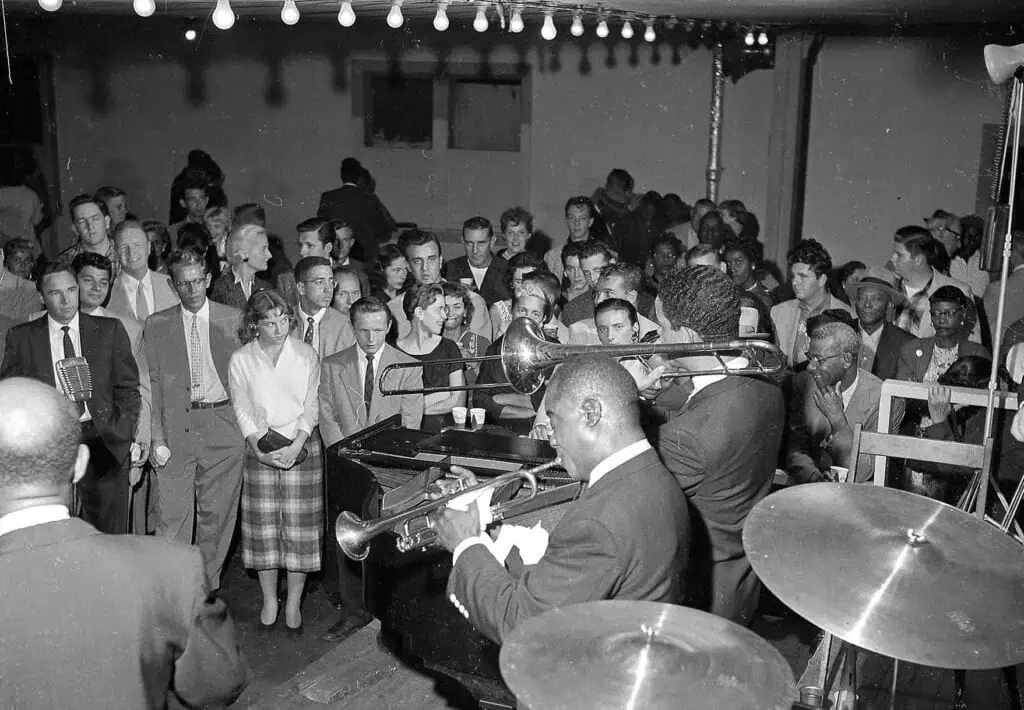

The Manhattan Casino: A Cornerstone of Black History in St. Pete
Since its opening in 1925, the Manhattan Casino has served as a cultural landmark for St. Pete’s Black community. Established by local entrepreneur Elder Jordan on 22nd Street South—affectionately known as “The Deuces”—the venue quickly grew into a bustling hub for Black-owned businesses and entertainment. Originally named the Jordan Dance Hall, the venue adopted its iconic name, Manhattan Casino, in 1931 and became a powerful symbol of Black ownership and enterprise during the segregation era.
As Deputy Mayor Kanika Tomalin stated during the unveiling of Jordan’s statue, “His vision of African American ownership, entrepreneurship, and enterprise is firmly rooted on the foundation on which you stand.” Jordan’s legacy lives on, especially here on historic 22nd Street, where the community continues to feel his enduring impact.
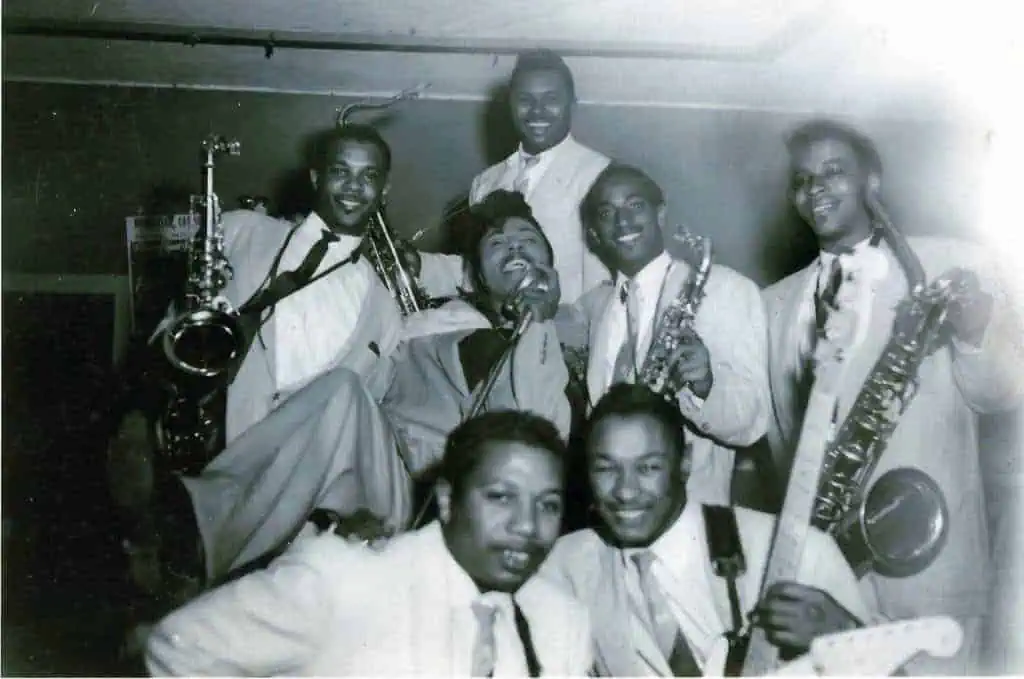

A Stage for Legends
The Manhattan Casino became a destination for jazz, soul, and blues legends. Musical giants like Louis Armstrong, Nat King Cole, and Duke Ellington filled the hall with unforgettable sounds. A young Ray Charles took the stage here, as did James Brown, Cab Calloway, Lionel Hampton, Fats Domino, and Sarah Vaughan. Their performances not only made St. Pete a musical destination but brought pride and joy to the local community.
This venue also nurtured local talent, giving Black artists a stage where they could shine despite the challenges of segregation. It wasn’t only about the big names—the Manhattan Casino fostered a space for artistic expression and community connection, strengthening bonds within St. Pete’s Black community.
A Cultural Impact That Endures
The Casino’s influence extended beyond music. During its peak, it adapted to shifting tastes, hosting rock ‘n roll, blues, and local performances that kept the neighborhood thriving. The venue also hosted religious gatherings, with figures like Goldie Thompson and Father Divine bringing a spiritual dimension to its stage.
Though the Manhattan Casino closed in 1968, its legacy remains woven into the fabric of St. Pete. Today, the revitalized venue is a vibrant site for community events, from weddings to food festivals, playing a central role in the ongoing restoration of this historic district.






